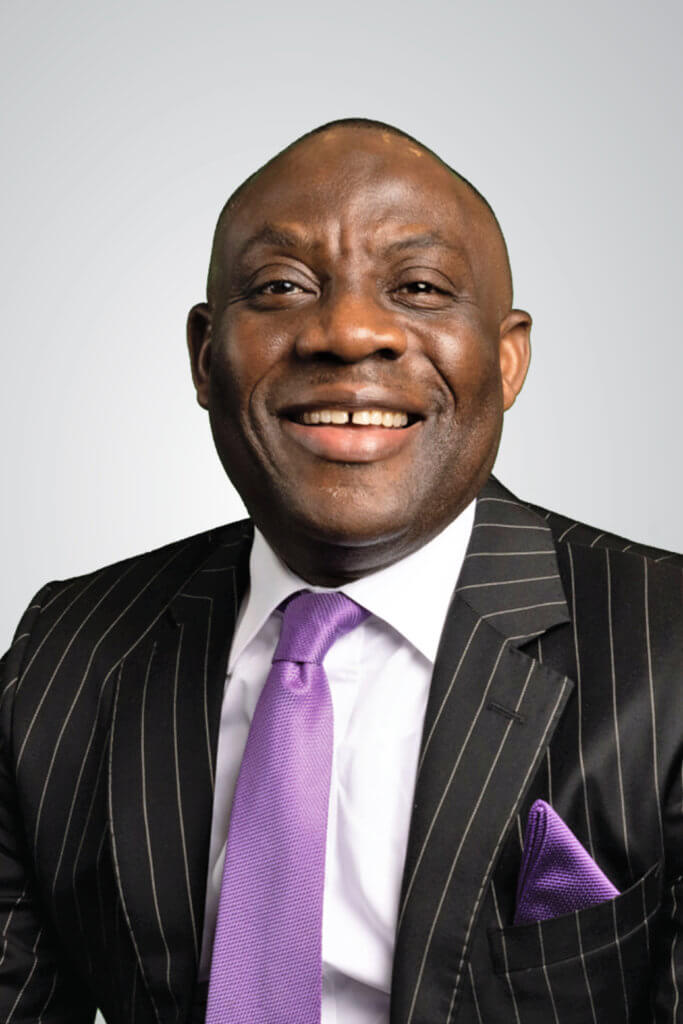
The Federal Government has unveiled an initiative to repatriate the expertise of Nigerian health professionals living abroad in a bid to tackle the brain drain impacting the country’s healthcare sector.
The Minister of State launched the Nigerian Health Professionals in Diaspora Plus Engagement Programme for Health and Social Welfare, Dr. Tunji Alausa during the Diaspora Stakeholders’ Forum on Thursday in Abuja.
Alausa explained that the programme seeks to harness the knowledge, skills and experience of Nigerian healthcare professionals abroad to enhance healthcare delivery at home.
“The continued emigration of our healthcare workforce poses significant challenges to achieving Universal Health Coverage. However, this initiative provides an opportunity to turn brain drain into brain gain,” he said.
The programme is designed to foster long-term collaboration between Nigerian professionals in the Diaspora and their counterparts in Nigeria. It is a core component of the government’s four-point strategic health agenda, which focuses on healthcare reforms through improved governance, quality health systems, value chain development, and health security.
Alausa called on private sector players and international partners to support the programme, emphasising the importance of sustainable collaboration to achieve its goals. He also encouraged Diaspora health professionals to invest in telemedicine, biomedical technology and clinical research to bridge gaps in healthcare delivery.
Dr. Ibrahim Wada of NISA Premier Medical Group spoke on the crucial role of public-private partnerships (PPPs) in advancing healthcare in Nigeria. He highlighted the success of PPPs over the last 15 years in addressing diseases like sickle cell and expanding access to quality care. He also stressed the importance of engaging local communities and building capacity at the grassroots level.
“Effective management, not just modern equipment, creates a seamless experience for both healthcare professionals and patients,” Wada noted, emphasising that better infrastructure and support for returning Diaspora professionals are critical to ensuring their contributions are impactful.
Wada proposed establishing specialised healthcare centres across the country, each focusing on a particular medical specialty, to prevent overburdening institutions and reduce the need for Nigerians to seek treatment abroad.
President of the Healthcare Federation of Nigeria (HFN), Dr. Pamela Ajayi highlighted Nigeria’s potential to become a medical hub within West Africa. She stressed the importance of investing in medical infrastructure and suggested the creation of healthcare banks to fund development. Ajayi also spoke on the transformative potential of digital platforms and AI in reaching rural areas and improving healthcare access.
Ajayi emphasised that engaging the Nigerian Diaspora is vital to advancing research, innovation and healthcare infrastructure.
President of the Nigerian Medical Association (NMA), Prof. Bala Audu underscored the importance of international collaboration in retaining skilled healthcare workers and improving healthcare outcomes. Audu noted that partnerships between Nigeria and countries like the UK could enhance healthcare systems and create mutual opportunities.
Dr. Emilia Iwu of the National Association of Nigerian Nurses in North Carolina, emphassed the need for balanced investment across all levels of healthcare, especially in primary healthcare.
“Primary health centres are the most accessible form of healthcare for people at the grassroots level. Strengthening these centres can ensure early and accurate interventions,” Iwu said, stressing that developing primary healthcare is crucial to achieving a comprehensive healthcare system that meets the needs of all Nigerians.
She emphasised that while building teaching and general hospitals is important, equal attention must be paid to primary healthcare facilities for a balanced and effective healthcare system.

